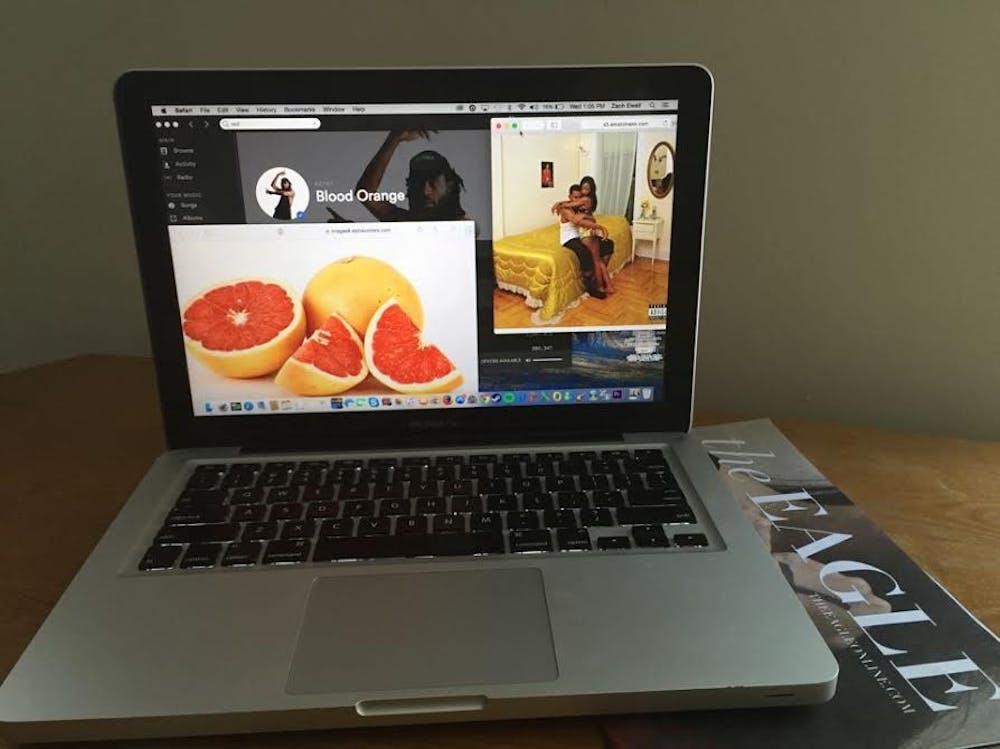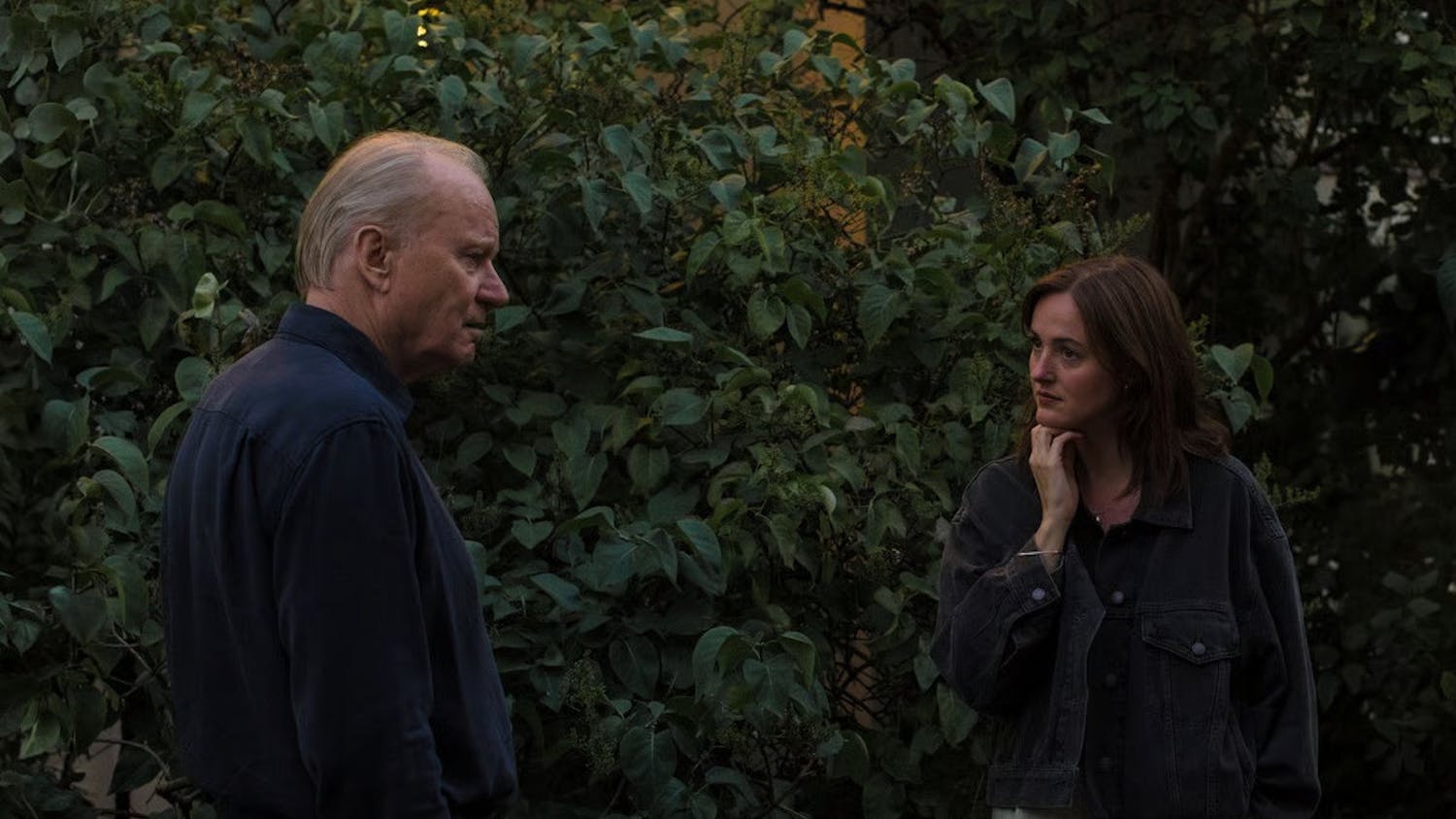In an age when artists notoriously push back album release dates (looking at you, Frank Ocean), Dev Hynes, formerly known as Lightspeed Champion and currently as Blood Orange, has broken away from the mold. Hynes recently surprised his fans by releasing his latest project (and third as Blood Orange), “Freetown Sound,” three days early on June 28.
Hynes’ latest work provokes the question: how can an artist who embraces counterculture so wholeheartedly and whose fluid identity espouses individuality, make such accessible pop music?
“Freetown Sound” feels as if Hynes deconstructed entire decades and genres of music, then weaved together scattered bits and pieces into a stand alone body of work that all music-lovers can connect with.
It’s difficult to truly appreciate the album after only a casual first listen. Certain lyrics and melodies repeat on several songs and it takes multiple playthroughs to pick up on how interrelated all of the tracks are.
One of the album’s best tracks is “E.V.P.,” and to understand it is an integral step towards understanding the album as a whole. While Hynes doesn’t make it clear what E.V.P. stands for in the context of his album, the term “ electronic voice phenomena,” is used by ghost-hunters to describe the sounds and voices that are supposedly made by ghosts and caught on tape. While the song certainly feels spectral, it also effortlessly oscillates between several different styles; from groovy 80’s base lines, to a crazy electronic drum solo to an atmospheric serenade over string instruments.
The line, “Do you ever think, boy? Or does it just feel better alone?” appears first on “E.V.P.,” then again on the last track, “Better Numb.” Yet the production on “E.V.P.” compares more to several other songs ranging from “Juicy 1-4,” to “Best to You,” to “Love Ya.”
It’s this overlapping of elements that gives the album a cohesive sound.
It’s the album’s diverse list of features that make it a uniquely modern statement on identity politics.
Ta-Nahesi Coates, Ashlee Haze and Venus Xtravaganza are all featured on the album even though none of them are musicians but rather a preeminent author, slam poet and a transgender actor and performance artist, respectively. Include audio from Vince Staples, De La Soul, “Hands up! Don’t shoot!” protest chants and the documentary “Black Is...Black Ain’t,” and it becomes an unapologetically political album that broaches sexuality, feminism and being black in America.
Nelly Furtado, Carly Rae Jepsen, Zuri Marley, EmpressOf, Ava Raiin and Starchild also feature on the album in the traditional sense as supplementary vocalists.
Hynes officially announced the album on Instagram only three weeks before its release.
“My album is for everyone told they’re not BLACK enough, Too BLACK, Too QUEER, not QUEER the Right way, the underappreciated” the post said.
As someone who is neither, I don’t exactly feel qualified to fully review this album. Hynes’ references to migration, Christianity and black masculinity simply weren’t written for me. That being said, “Freetown Sound” is by no means an exclusive album. Recurring messages of liberation, jealousy, grief and joy ultimately leave listeners with the lasting thought: despite everything going against you, keep going.





